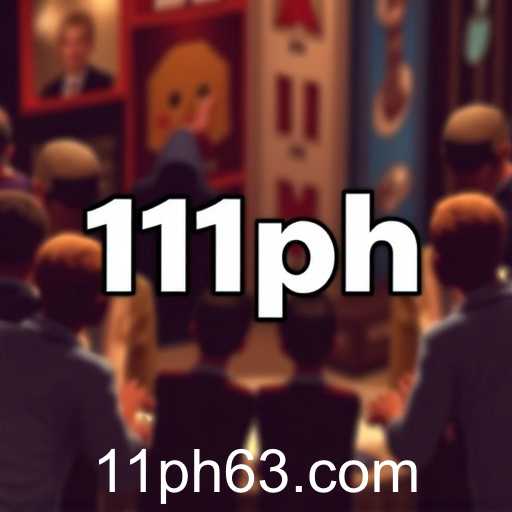Board games have been a cornerstone of entertainment for centuries, offering a blend of competition, strategy, and fun. In today's digital age, their popularity continues to grow, with new themes and mechanics captivating audiences around the globe. Among these new developments is the intriguing keyword '11ph,' a term that has begun to resonate with both creators and players in the board game community.
The term '11ph' may sound mysterious to the casual observer, but within the board game niche, it stands for something far more than just numbers. This keyword indicates a trend or mechanic that involves the concept of players per hour—essentially focusing on the advancement of gameplay efficiency and ensuring that games accommodate a higher number of participants within a manageable timeframe. As board games become more inclusive and collective experiences, the '11ph' keyword signifies an emerging priority for game designers who aim to make games more accessible without sacrificing depth or enjoyment.
This trend is mirrored by innovations in game design that prioritize fluid, dynamic gameplay mechanics where administrative overhead is minimized, allowing players more freedom to engage, strategize, and immerse themselves in the narrative. These games are engineered to maintain high energy levels and engagement throughout, catering to larger groups while keeping session lengths reasonable.
'11ph' also speaks to a burgeoning culture where the social game experience is cherished, often emphasized by the growing number of community-driven events where an array of games can be played by numerous participants. Game nights, conventions, and competitions all serve as arenas where such scalable games shine bright, appealing to a generation that values shared experiences.
The success of the '11ph' concept has led to its integration into a variety of genres, from fantasy adventures to modern strategy games, challenging designers to balance depth and brevity. With the board game market constantly growing, '11ph' has become more than just a keyword — it has become a symbol of the community's relentless pursuit to evolve and redefine the tabletop landscape.
As more creators embrace this direction, we can expect a future where board games become even more engaging, inclusive, and tailored to the pleasures of collaboration and competition. Truly, the '11ph' trend signals a continuing renaissance in board gaming—a golden age where the only limit is creativity itself.








